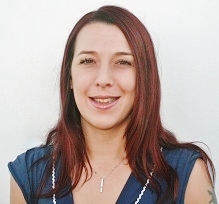 I continue the series of films made by Mike Liu and I when we spent a day with Professor Marion Kickett, former Director of the Centre for Aboriginal Studies at Curtin University, in York in September 2103. Marion is a Noongar from the Balardong language group. On this day, I learnt a good deal about Aboriginal culture, the experiences of an Aboriginal person in a white dominated society, and about the healing of trauma.
I continue the series of films made by Mike Liu and I when we spent a day with Professor Marion Kickett, former Director of the Centre for Aboriginal Studies at Curtin University, in York in September 2103. Marion is a Noongar from the Balardong language group. On this day, I learnt a good deal about Aboriginal culture, the experiences of an Aboriginal person in a white dominated society, and about the healing of trauma.
Marion talked about her strong sense of belonging she feels for her country, the Western Australian town of York and its surroundings, and the strong connection she has for the Native Reserve where she was brought up. She describes the racism she experienced as she grew up, and how she overcame her various adversities and challenges. She talks about the shocking events experienced by Aboriginal people which have impacted on health and wellbeing. Over time, Marion came to realise that she had to forgive non-Aboriginal people for the terrible things they had done in the past. Forgiveness is a key element of healing. You can find the first six films of this series here.





